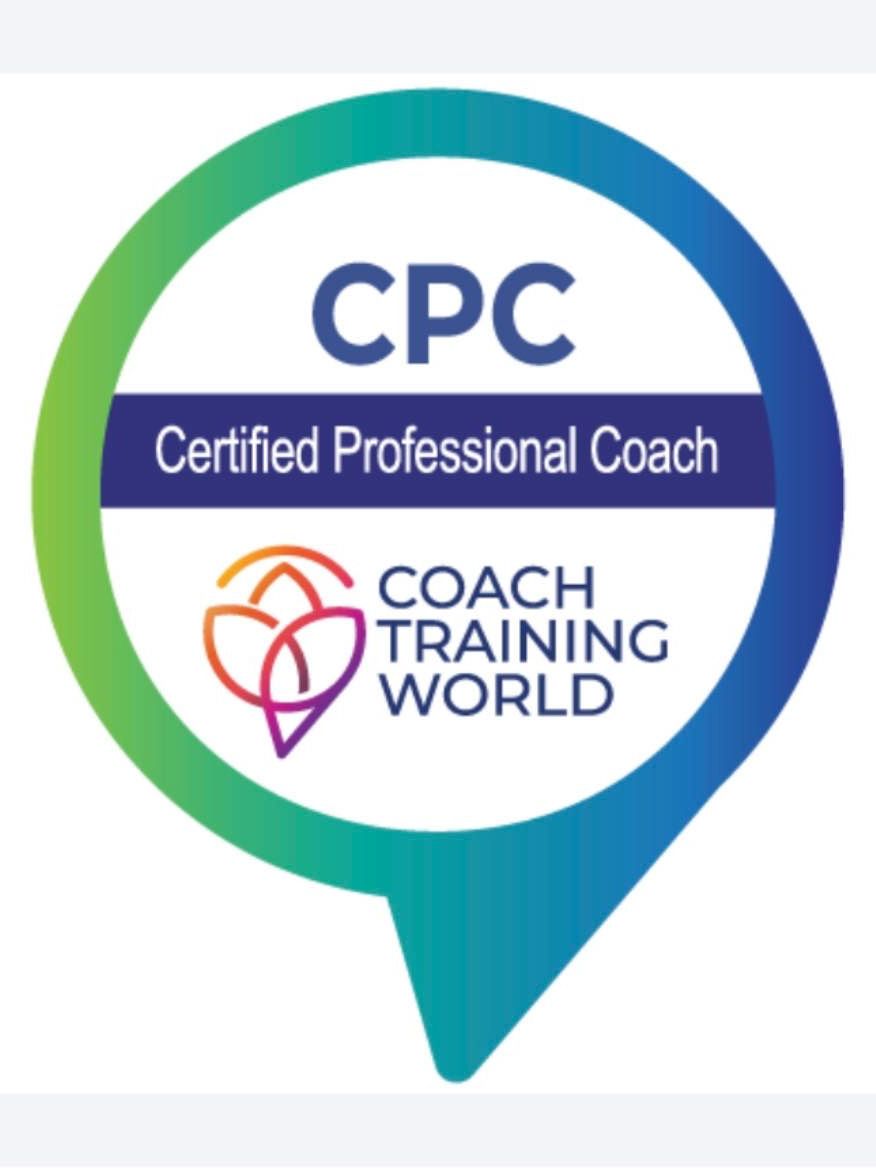Empowering Men
Embracing Coaching: How Men Can Strengthen Their Relationships with Themselves and Others
In today’s world, the idea of men seeking emotional support through coaching can feel like a new concept. For many men, opening up about personal struggles, whether daily stress, relationships, intimacy, dealing with loss, or navigating a divorce, isn’t always second nature. Coaching has emerged as a powerful tool that allows men to deepen their understanding of themselves and enhance their connections with others.
Breaking the Silence: Why Men in Coaching Matters
For generations, society has painted a picture of what it means to be a "strong man": one who is self-reliant, stoic, and unwavering. While these traits can be valuable, they can also isolate men, especially when facing challenging life events. Divorce, relationship conflicts, and loss often come with a whirlwind of emotions that men may feel pressured to hide. But repressing these emotions only distances them from the healing and personal growth they need.
Coaching gives men permission to break this silence and engage in self-discovery without judgment. Rather than being seen as a weakness, seeking support through coaching is a proactive way for men to take charge of their mental and emotional health.
Strengthening Self-Relationship
One of the most powerful aspects of coaching is how it strengthens a man’s relationship with himself. Self-awareness and emotional intelligence are foundational to personal growth. Coaching encourages men to explore their values, beliefs, and emotional responses, helping them see patterns that may have influenced past relationships.
This process allows men to understand their own needs better, especially if they’ve gone through major transitions like a breakup or the loss of a loved one. When men take time to connect with their inner selves, they build resilience and clarity, which sets the stage for healthier connections with others.
Improving Relationships with Others
Many men initially seek coaching to work on their external relationships—whether with partners, children, friends, or family members. Through coaching, men learn to communicate openly and assertively, express vulnerability, and manage conflict more effectively. These skills not only improve relationships but also foster mutual respect and empathy.
Imagine a man navigating a divorce. He’s carrying not only the stress of separation but also the potential guilt, shame, or sadness that often accompanies it. Coaching can guide him through this, helping him to process his emotions constructively and communicate his needs with clarity
and compassion. This, in turn, sets a healthier example for future relationships and even for how he interacts with family and friends.
Acknowledging the Discomfort
Starting this journey isn’t always easy. Many men feel uncomfortable at the idea of opening up. They may think, “Why should I need coaching? I can handle things myself.” But embracing the discomfort is part of the growth process.
Coaches create a safe, non-judgmental environment where men can explore difficult emotions at their own pace. The discomfort eventually fades as they begin to see the benefits of their work. Talking about their challenges openly becomes more natural, and they realize that seeking support was not a sign of weakness but a step toward a stronger, healthier self.
The Takeaways
Coaching can be a transformative experience, offering men tools to understand themselves deeply and strengthen their relationships with others. By choosing to work through their struggles, they empower themselves to make changes that foster a fulfilling life.
If you’re a man who has considered coaching, know that taking this step is a testament to your resilience and courage. Coaching isn’t about fixing weaknesses; it’s about embracing growth and building a meaningful connection with yourself and those around you. Embrace the journey, and watch as the relationships in your life—starting with the one you have with yourself—become more connected and fulfilling.
Visit my website to learn more about the benefits of coaching, and all the services I offer.













